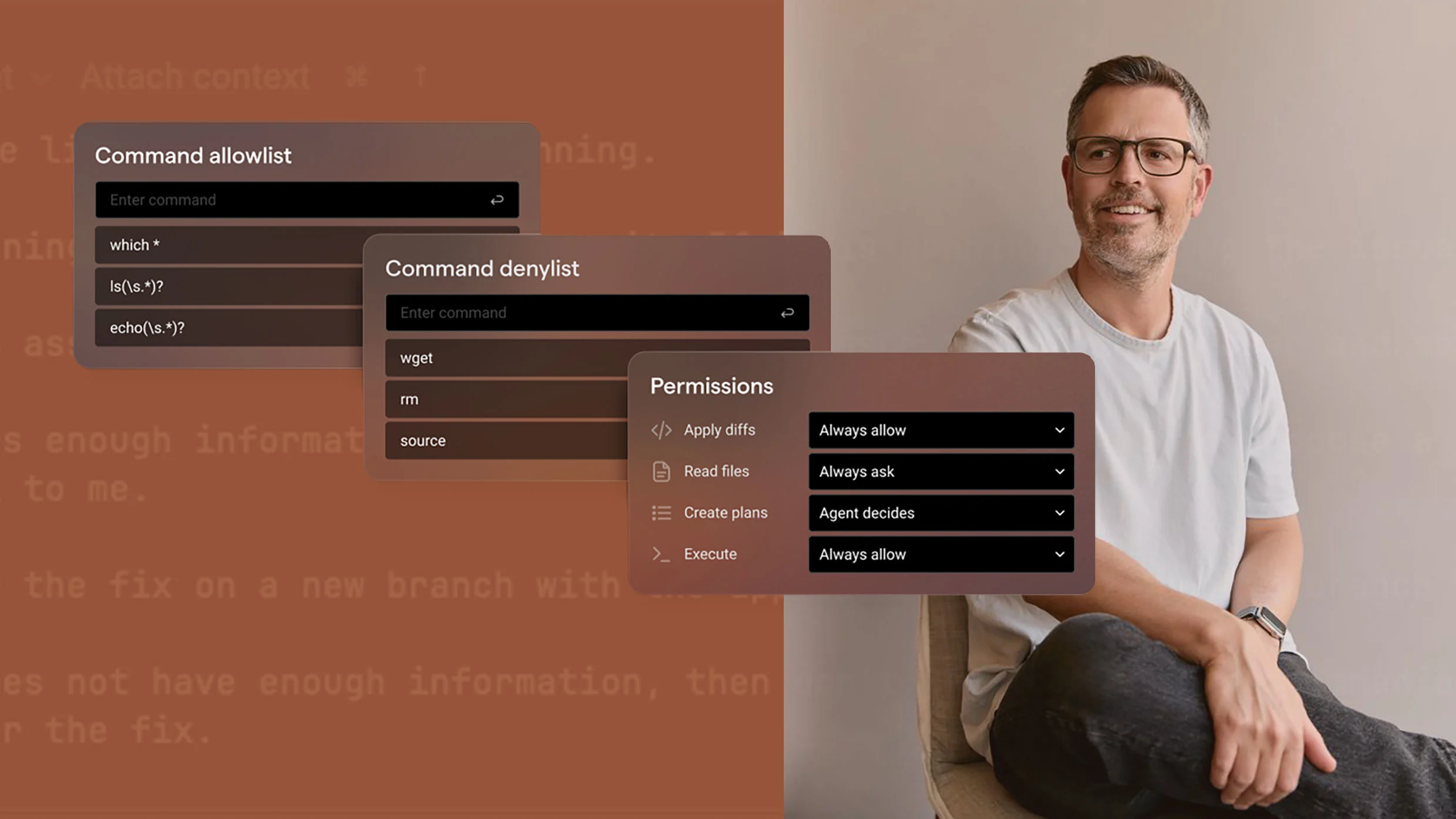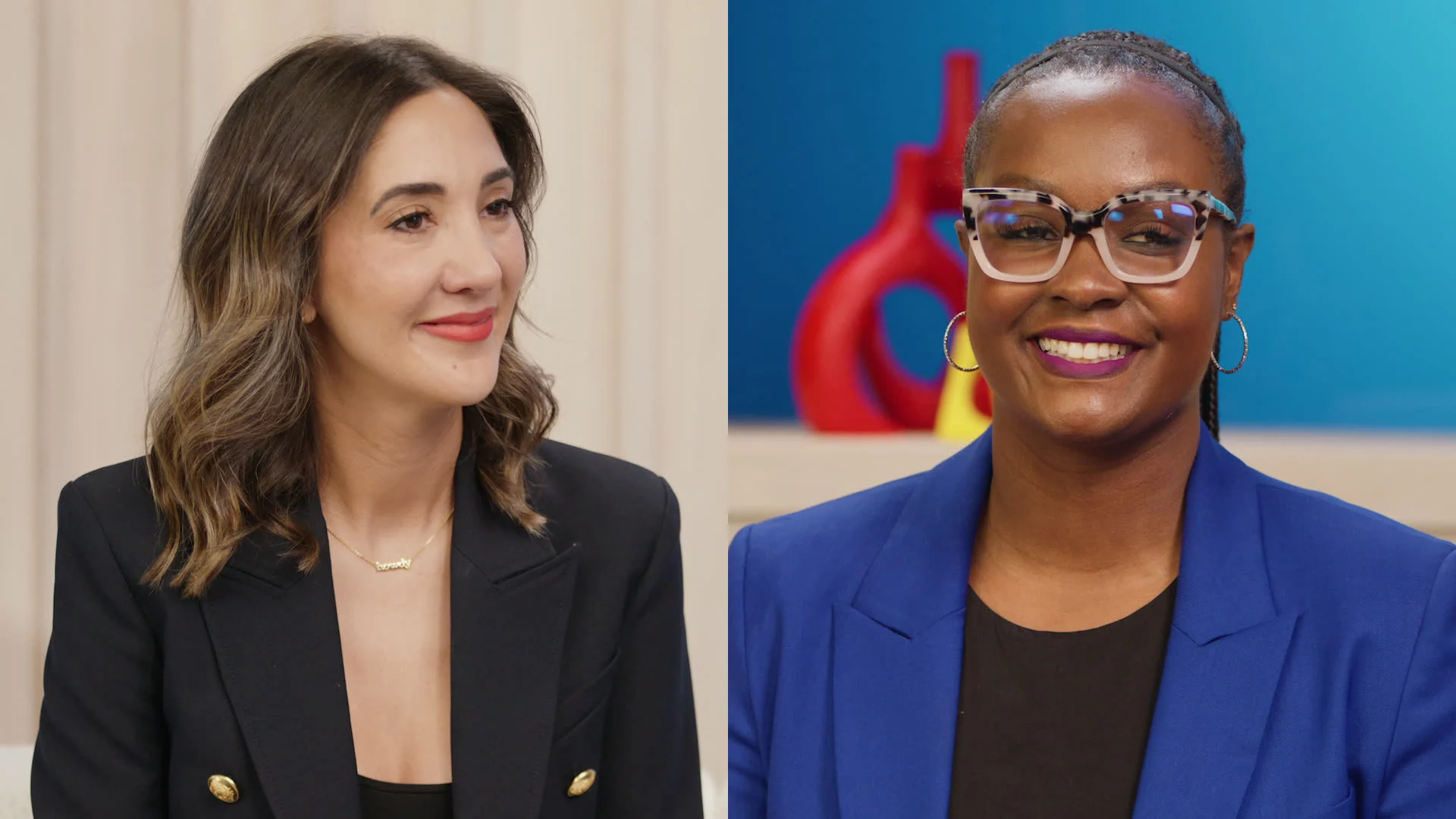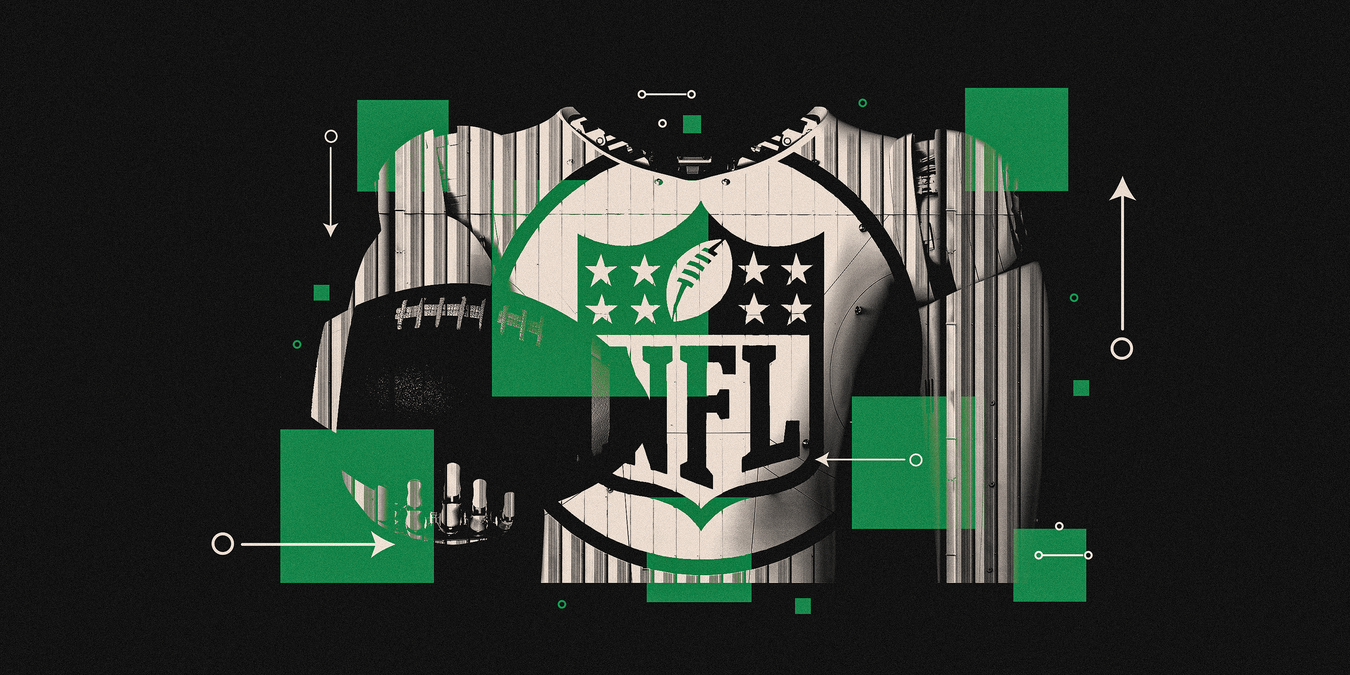In the ever-evolving landscape of artificial intelligence, the question of whether AI will one day replace human jobs has been a topic of debate. While the future remains uncertain, one 40-year-old woman from the U.S. has found solace in AI technology after experiencing repeated medical misdiagnoses.
In February of last year, Lauren Bannon began experiencing difficulty bending her fingers, particularly noticeable in the mornings and evenings. Despite seeking medical advice, she faced a challenging four-month period of misdiagnoses. Initially, doctors diagnosed her with rheumatoid arthritis, even though her tests returned negative results.
As time went on, Bannon’s condition worsened. She experienced a dramatic weight loss of approximately six kilograms within a month and began suffering from persistent stomach aches. Her doctors attributed these symptoms to acid reflux, leaving her feeling desperate for answers.
Turning to AI for Answers
Feeling frustrated and at a loss, Bannon turned to AI technology for potential insight into her health issues. “I needed to find out what was happening to me. I just felt so desperate. I just wasn’t getting the answers I needed,” she expressed.
Upon sharing her symptoms with ChatGPT, the AI chatbot suggested testing her thyroid peroxidase antibody (TPO) levels, hinting at the possibility of Hashimoto’s disease—an autoimmune disorder where the immune system attacks the thyroid gland, leading to hypothyroidism.
Despite her doctor’s initial reservations regarding the chatbot’s suggestion, Bannon proceeded with the recommended tests. The results confirmed ChatGPT’s diagnosis, providing a crucial breakthrough in understanding her condition.
A Life-Saving Discovery
Following this revelation, further medical examinations, including an ultrasound of her thyroid glands, uncovered two small lumps in her neck. By October 2024, these lumps were diagnosed as cancerous.
Bannon expressed her frustration, stating, “I felt let down by doctors.” She felt that her doctors were more focused on prescribing medication rather than addressing the root cause of her symptoms. “It saved my life. I would’ve never discovered this without ChatGPT. All my tests were perfect,” she shared.
In January 2025, Bannon underwent surgery to remove her thyroid and two lymph nodes from her neck. Reflecting on the experience, she remarked, “If I hadn’t looked on ChatGPT, I would’ve just taken the rheumatoid arthritis medication and the cancer would’ve spread from my neck to everywhere else.”
Caution and Considerations
While Bannon’s story highlights the potential life-saving capabilities of AI, experts urge caution in relying solely on AI for medical diagnoses. Dr. Harvey Castro, a board-certified emergency medicine physician and national speaker on artificial intelligence, emphasized, “When used responsibly, AI can enhance healthcare outcomes — but when used in isolation, it can be dangerous.”
The debate over AI’s role in healthcare continues, but stories like Bannon’s underscore the technology’s potential to provide critical insights and supplement human expertise.
Note: This article is inspired by content from https://www.deccanherald.com/world/ai-chatbot-saves-womans-life-by-diagnosing-cancer-after-doctors-dismissed-her-symptoms-3512067. It has been rephrased for originality. Images are credited to the original source.








